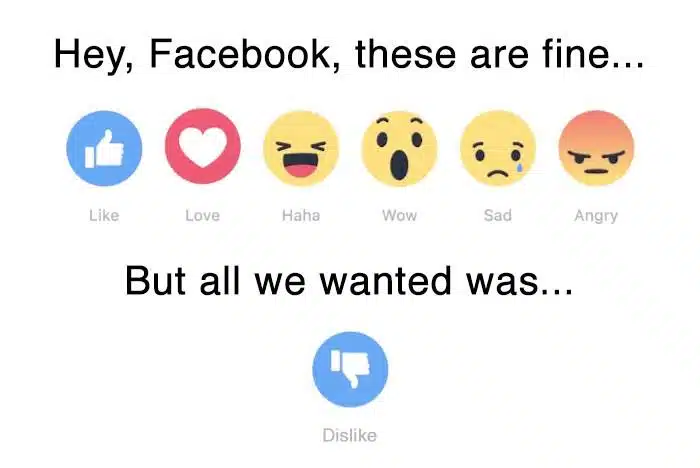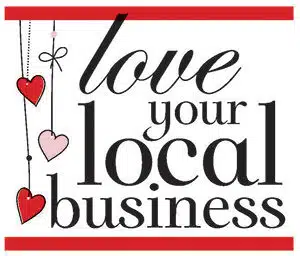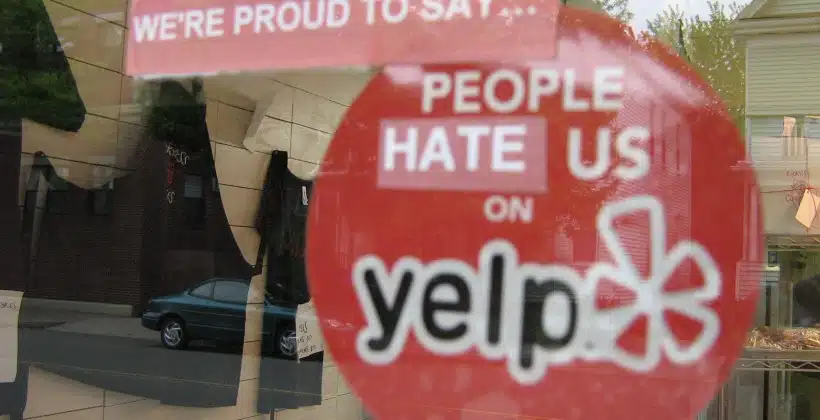Need a few marketing tips for the new Facebook emojis? While the simplistic icons seem rather harmless, you can say a lot and hear a lot about your brand, just by interacting with these digital expressions.
Understanding your customers is key if you want to run a successful business. Businesses that have a social presence have the ability to tune in to their customers and also gain valuable insights on what products or services might soon be in demand.
Facebook is a popular tool for businesses that want to interact with their repeat or potential customers on a social channel, all while sharing pictures, stories and events that are of interest to the brand. Giving customers an intimate peek into your company can help encourage loyal shoppers.
While Facebook’s simple “Like” or “Share” buttons did the deed, the company decided it was time for much needed change.
According to USA Today, acknowledging that “like” isn’t the right sentiment for every occasion, the giant social network is offering new options. Reactions, five emoting emojis, started rolling out to Facebook’s nearly 1.6 billion users around the globe Wednesday. Whether or not you’re thrilled with the idea or not, the new Facebook enojis are here to stay. Here’s how you might use the emojis to your business advantage while interacting on the social media network.
How to Use the Facebook Emojis for Your Business
Now that you know how important emojis are, you can utilize them effectively for promotion. Your reputation is built not just on your goods, but also in your delivery and service. Your customers can learn much more about your company simply by seeing its engagement on social media channels. The next time you’re so inclined to leave a thumbs up, why not consider using one of these emojis on Facebook for your business?
Like--A perennial, the like button remains the easiest way to show your appreciation for a comment or a post. If you want to keep things simple and casual the thumbs up icon will remain available.
Love-Sometimes like just isn’t enough. Show your customer appreciation by loving their posts from time to time, especially during special events or after a positive business review.
Haha- Goodbye lol, hello emoji. Because who really laughed out loud all those times anyway? The humor emoji is perfect for lighthearted and spirited interaction with your audience.
Yay- Good news deserves to be shared. Whether it’s a simple post celebrating a new product launch, a success, or the beginning of a Friday, the yay button sends an encouraging and uplifting message to your Facebook followers.
Wow- How about that? Wow is a standing ovation for a job well done, impressive feats, and it’s a holy moly. No matter the reason for the inspirational emoji, it makes people feel good. So give them a wow.
Sad- Sadness is an emotion most creatures can relate to and depending on the circumstances, pulling on the heart strings is a surefire way to connect to your audience. If you’re posting videos, images or stories that are filled with experiencing this basic human emotion, what better way than to relate to your customers than using the new Facebook sad emoji in your comments or posts?
Angry- Did you experience a bad business review? Understanding why your customers felt compelled to dish things out over the internet can tell you a lot about your business. If customers feel you’re on top of your customer service game they’re more likely to express their dissatisfaction in person, before taking things to social media. But it still happens. Sometimes people don’t want apologies, refunds, or to offer a business a second chance. They simply want to share their experience as a fair warning to future customers. While it may be tempting to leave an angry icon in reply to a criticism or bad review posted on your Facebook business page, it’s really not best practices.
How Emojis Can Help You Understand Your Audience
During Facebook’s testing of Reactions emoji, Facebook will treat them just like a Like when it comes to ranking posts in the News Feed algorithm.
“Our goal is to show you the stories that matter most to you in News Feed,” Facebook product manager Chris Tosswill wrote in a News Feed FYI post. “Initially, just as we do when someone likes a post, if someone uses a Reaction, we will infer they want to see more of that type of post. We will spend time learning from this initial rollout and iterate based on findings in the future.”
Evaluating customer emojis will help you understand which social posts grab their attention. This means when you see a love, you might just want to keep doing whatever you’re doing.
Why the Change
Wondering why Facebook decided to get so emotional? “Not every moment you want to share is happy,” CEO Mark Zuckerberg wrote in a Facebook post. “Sometimes you want to share something sad or frustrating. Our community has been asking for a dislike button for years, but not because people want to tell friends they don’t like their posts. People want to express empathy and make it comfortable to share a wider range of emotions.”
“We have been very intentional about really understanding what people are trying to communicate on Facebook right now and how can we make that easier,” said Tom Alison, engineering director of News Feed.
For years, Facebook resisted giving users an alternative to the “like” button, namely a “dislike” button. But the lobbying only intensified as more people used Facebook on mobile devices and clamored for quicker and easier ways to comment.
Interacting with your customers couldn’t get any easier. Now that Facebook emojis are officially unveiled, you should soon begin to see different sorts of activity on your pages. Use these new tools as a way to approach new customers while encouraging repeat traffic, and see what Facebook can do for your business.
What do you think? Like? Dislike? (Nevermind) Or LOVE?





